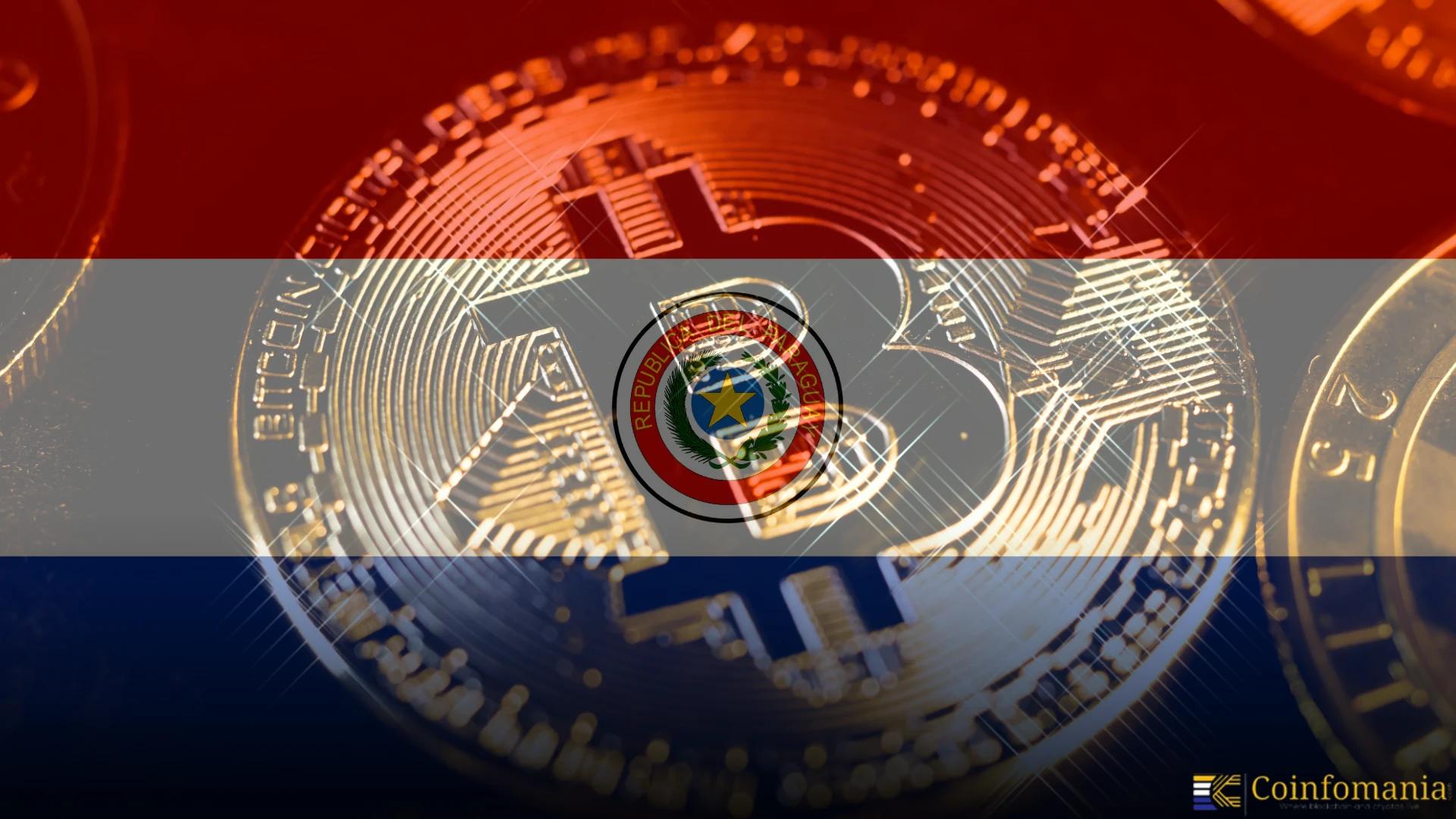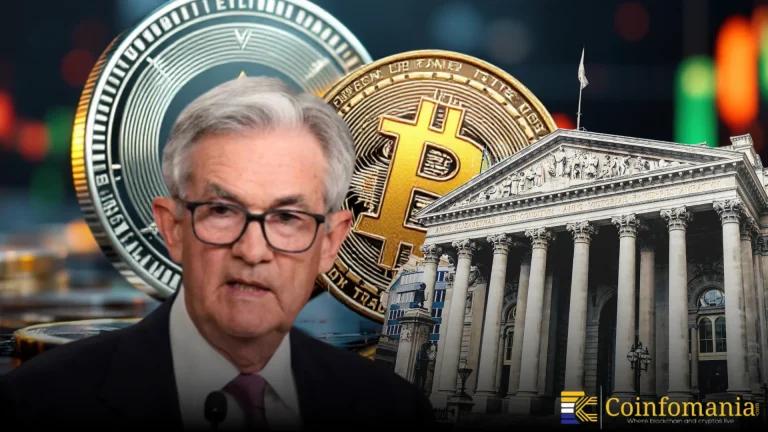Paraguay to hold meeting on creating strategic Bitcoin Reserve
Paraguay debates a bitcoin reserve powered by surplus hydropower, weighing energy use, financial sovereignty, and risks in line.

Quick Take
Summary is AI generated, newsroom reviewed.
Paraguay considers creating a bitcoin reserve using surplus hydropower resources
National bitcoin reserve could diversify savings beyond the US dollar
Momentum builds with policymakers, industry leaders, and civil society in discussion
Other nations like El Salvador and Bhutan already hold bitcoin reserves
Risks include price volatility, IMF programme limits, and regulatory uncertainty
Paraguay is looking closely at whether to build a national Bitcoin Reserve, and the idea is starting to gain real traction. The country generates a huge amount of clean electricity, more than 37,000 GWh in the first half of 2025 alone. That is nearly three times what households and businesses inside the country actually consume. Most of it comes from the Itaipú and Yacyretá dams, giving Paraguay one of the largest hydropower surpluses in the world. Today, much of that surplus energy is exported under long-term agreements at fixed prices. The debate now is whether some of it should instead be used to mine Bitcoin, creating a store of value directly tied to national resources.
Turning Surplus Energy Into Digital Gold
The proposal goes beyond simply mining. Holding a bitcoin reserve would diversify Paraguay’s national savings beyond the US dollar and provide a hedge against inflation. It would also give the country more financial sovereignty at a time when many economies remain tied to the policies of larger central banks. Bitcoin is often called digital gold because of its fixed supply and resistance to outside control. For a country with more electricity than it can use, converting part of that hydropower surplus into digital gold is an attempt to lock in value that does not depend on commodity exports or foreign exchange inflows.
Political Momentum and Upcoming Bitcoin Conference
Senator Salyn Buzarquis first proposed studying the idea in 2024. It was described as a way to turn excess energy into wealth for the national utility. The upcoming Accelerating Bitcoin conference in Asunción on September 15 and 16 will put the plan on the table in front of both policymakers and industry leaders. Speakers will include Hive Digital CEO Aydin Kilic, who has emphasized that Paraguay’s surplus energy is a strategic opportunity for sustainable mining, and long-time advocate Samson Mow, who sees Bitcoin as the backbone of a future financial system. Voices from civil society, like Lorena Almada of Bitcoin Paraguay, are pushing for broader education so citizens also understand the implications.
Global Examples of State Bitcoin Reserves
The appeal is easy to see. From 2020 to mid-2025, the price of Bitcoin climbed from about $7,200 to $119,000. Bhutan has mined roughly 13,000 using its own hydropower, an amount equal to a large share of its GDP. El Salvador already holds more than 6,000 coins as part of its sovereign reserves. Even the United States now maintains a strategic bitcoin reserve of almost 200,000 coins, sourced from seized holdings. Paraguay is not alone in exploring this path. Countries as different as Iran, Russia, and the Czech Republic are experimenting with some form of state involvement in Bitcoin.
Risks of Volatility and Economic Considerations of Bitcoin Reserve
Still, risks are real. Bitcoin can swing 15 to 25 percent within weeks, creating volatility in reserve values. Mining requires major upfront investment but creates relatively few jobs, so the wider economic benefits are sometimes limited. Paraguay must also consider its IMF programme, worth $285 million, which comes with conditions on fiscal responsibility. Any move to create a state-backed bitcoin reserve would have to stay within existing agreements. Otherwise, it could put strain on other parts of the economy. Another challenge is the global rulebook. Regulations are still changing, and if international institutions shift their stance on Bitcoin too quickly, Paraguay could find its plans harder to carry out.
Follow us on Google News
Get the latest crypto insights and updates.


